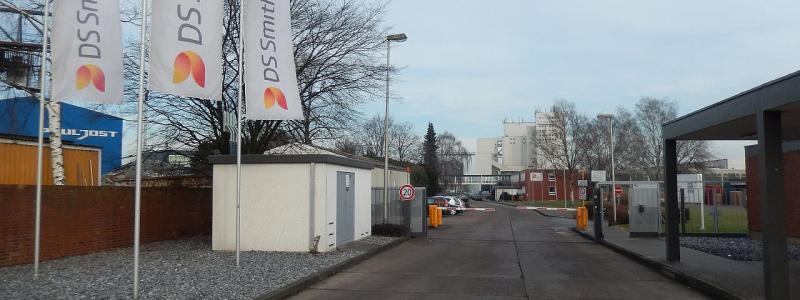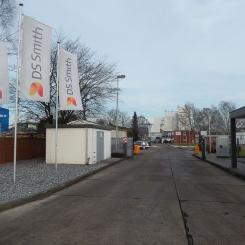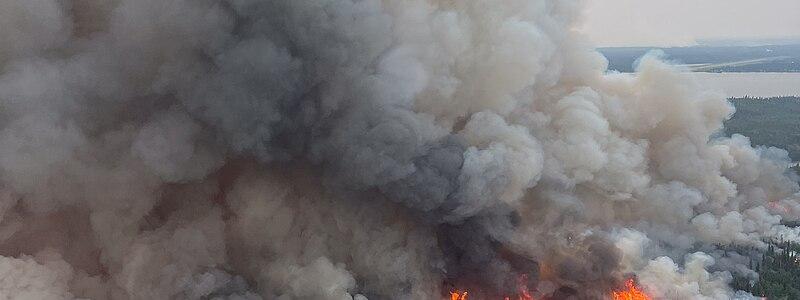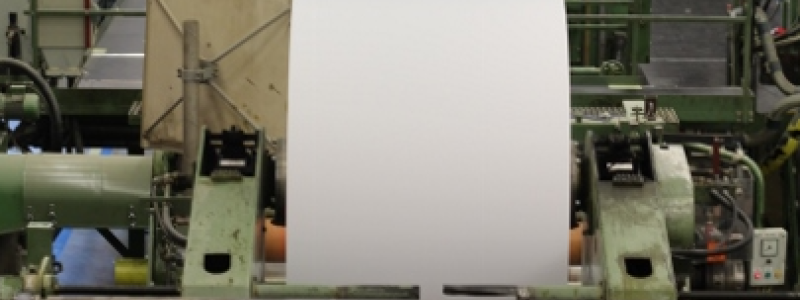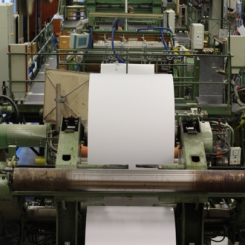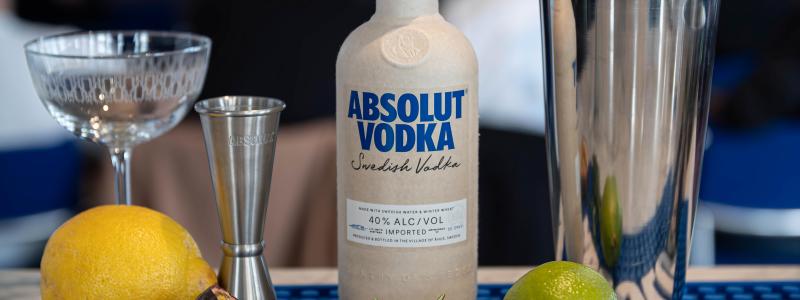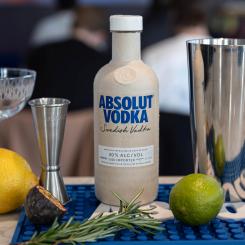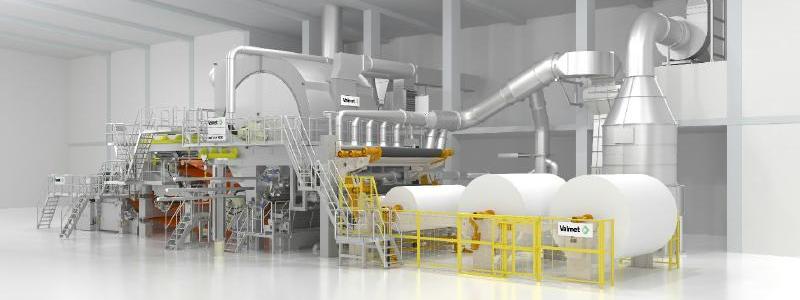Appleton Coated LLC, NewPage Corporation, and Sappi Fine Paper North America – together with the United Steelworkers (USW) -- commended the U.S. Department of Commerce for its preliminary countervailing duty determinations against subsidized coated paper imports from China and Indonesia. As a result of these determinations, the Department of Commerce will impose tariffs on imports of coated paper to offset the unfair advantage provided by subsidization. The Department of Commerce found that Chinese coated paper was subsidized by an average rate of 8.38 percent. Asia Pulp & Paper (APP) producers Gold East, Gold Huasheng, Ningbo Zhonghua and Ningbo Asia Pulp and Paper received a subsidy margin of 12.83 percent, while Sun Paper received a rate of 3.92 percent. In Indonesia , APP/Sinar Mas producers Tjiwi Kimia and Indah Kiat received a subsidy margin of 17.48 percent. All other Indonesian producers/exporters will be subject to this same rate. The result of the Department's actions will be the immediate requirement that these importers of paper from the subject countries will have to post bond or cash deposits in an amount equal to the announced margins pending final resolution of the cases later this year.
The companies and the USW filed unfair trade cases on September 23, 2009 with the U.S. Department of Commerce and the U.S. International Trade Commission ("ITC") alleging that certain coated paper from China and Indonesia had been dumped and subsidized resulting in injury to the domestic industry and its employees. The paper products covered by the petitions include coated paper used in high-quality writing, printing and other graphic applications, using sheet-fed presses with a GE brightness rating of 80 or higher and weighing up to 340 grams per square meter.
The decision announced today by the Department of Commerce supports the allegations in the petitions that imports from these two countries is being subsidized. Specifically, in the China investigation the Department of Commerce found that Chinese producers benefitted from preferential lending, preferential income tax programs, tax credits for purchasing domestically-produced equipment, import duty and VAT exemptions for imported capital equipment, research and development tax credits and preferential provision of electricity. In the Indonesia investigation, the Department of Commerce found that the provision of timber for less than adequate remuneration, government debt forgiveness and the government of Indonesia's ban on the export of logs, provided countervailable subsidies to coated paper producers in Indonesia.
In addition, with respect to the China investigation, the Department of Commerce noted that it is reviewing the Petitioners' allegation that undervaluation of China's currency provides a subsidy, as well as other new subsidy allegations, which could make a difference in the rates assessed in the final determination.








